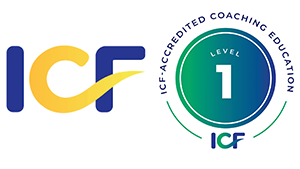As a life coach, the main part of your job is helping others. For many life coaches, being able to help others every day is rewarding in itself, but, there are even more ways you can find joy in your life coaching career.
How a life coach career can be rewarding
When it comes to life coaching, we talk a lot about helping our clients reach their goals. We help them make plans and we hope that they stick to their plans as they work towards their ultimate goal, whether that is a career change or a spiritual journey. One highly rewarding moment in your life coaching career will be when your client reaches their goal. While all goals are cause for celebration, the harder goals are even more rewarding. There is nothing like seeing a happy, satisfied smile on your client’s face.
Another way a life coach career is rewarding is the fact that you never stop learning. As a life coach, you will learn from your clients, but you will also learn from your colleagues. In fact, the day you feel like you have learned enough is the day you stop being such a good life coach. Being humble is important, and nothing is as humble as realizing that you can learn from any and everyone.
Finally, another great part about being a life coach is knowing that you are touching so many lives. Just the knowledge of providing support and advice to your client may fill you with happiness. Many people forget just how intimate life coaching can be, but when someone comes to you to talk about their lives and feels like you are truly seeing and understanding them, there are few things more rewarding than that.
Your life coaching career will be full of joyous moments, from the first day you open your business to the first thousand dollars you make. However, there are many more rewarding parts of this job. If you are interested in becoming a life coach, you should take a certified life coaching course. Coach Training Alliance’s Certified Coach Program will help you hone your life coaching skills while receiving a certification and developing a thriving practice.









